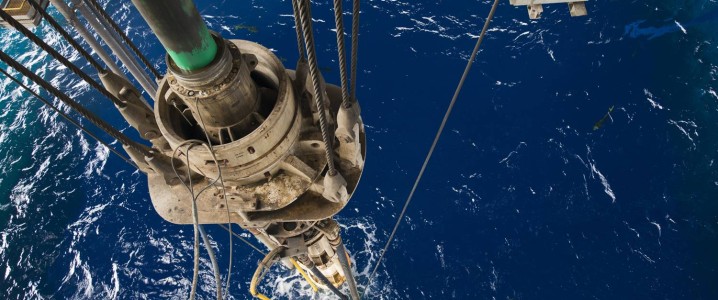Business
OPEC+ Plans Output Boost as Production Cuts Near End

OPEC+ has announced plans to increase oil production by 547,000 barrels per day (bpd) starting September 2023. This decision marks the final phase of unwinding its largest production cut, which began earlier this year. The group, comprising both OPEC and non-OPEC producers, including major players like Saudi Arabia and Russia, has signaled a willingness to adjust production further, depending on market conditions.
The decision to boost output follows a series of gradual rollbacks from a total of 2.2 million bpd in cuts. By the end of September, the United Arab Emirates will contribute an additional 300,000 bpd to the market. Although the immediate strategy appears clear, the future remains uncertain as analysts speculate about the sustainability of oil prices during the autumn months.
Market Dynamics and Demand Forecasts
Analysts from Saxo Bank expressed concerns about whether oil prices can hold steady into the fall, especially as global demand is expected to wane and tariffs imposed by the Trump Administration could impact international trade. The OPEC+ producers justified their output increase by citing “current healthy oil market fundamentals and steady global economic outlook.” However, analysts warn that this optimism may not reflect the reality of a potential surplus once peak summer demand subsides.
Data indicates that crude oil imports into Asia have declined significantly, falling to 25 million bpd in July from 27.88 million bpd in June. This drop represents the lowest monthly total in a year, according to findings from LSEG Oil Research. While China has increased its imports, it appears to be making opportunistic purchases at lower prices, contributing to a buildup of stockpiles.
Market experts predict a significant oversupply in the fourth quarter of 2023. Goldman Sachs recently maintained its forecast for Brent crude prices, expecting an average of $64 per barrel despite recent price fluctuations. The investment bank anticipates that OPEC+ will keep its production quotas unchanged after September, as the market adjusts to changing demand patterns.
Geopolitical Considerations and Future Adjustments
Despite the production increase, OPEC+ has left open the possibility of modifying its strategy depending on geopolitical developments. The group warned that the rollback of production cuts could be paused or reversed based on evolving market situations. This leaves analysts speculating about potential interventions in response to geopolitical events.
The U.S. has indicated it may take action to limit Russian oil exports to countries like India and Turkey if tensions surrounding Ukraine escalate. Should these nations reduce their Russian oil purchases, OPEC+ might need to reconsider its production strategy sooner than anticipated.
President Trump has publicly criticized India for purchasing Russian oil, claiming that it profits from the situation while disregarding the ongoing conflict in Ukraine. His administration’s potential move to impose tariffs on countries buying Russian oil could significantly alter the landscape of global oil trade and influence OPEC+’s decisions regarding production cuts.
In light of these geopolitical frictions, OPEC+ is poised to monitor market dynamics closely. As global energy demand evolves, the group may take decisive actions to reclaim market share lost to U.S. shale production while navigating complex international relationships. The coming months will be critical in determining the direction of both oil prices and production strategies.
-

 World5 months ago
World5 months agoSBI Announces QIP Floor Price at ₹811.05 Per Share
-

 Lifestyle5 months ago
Lifestyle5 months agoCept Unveils ₹3.1 Crore Urban Mobility Plan for Sustainable Growth
-

 Science4 months ago
Science4 months agoNew Blood Group Discovered in South Indian Woman at Rotary Centre
-

 World5 months ago
World5 months agoTorrential Rains Cause Flash Flooding in New York and New Jersey
-

 Top Stories5 months ago
Top Stories5 months agoKonkani Cultural Organisation to Host Pearl Jubilee in Abu Dhabi
-

 Sports4 months ago
Sports4 months agoBroad Advocates for Bowling Change Ahead of Final Test Against India
-

 Science5 months ago
Science5 months agoNothing Headphone 1 Review: A Bold Contender in Audio Design
-

 Top Stories5 months ago
Top Stories5 months agoAir India Crash Investigation Highlights Boeing Fuel Switch Concerns
-

 Business5 months ago
Business5 months agoIndian Stock Market Rebounds: Sensex and Nifty Rise After Four-Day Decline
-

 Sports4 months ago
Sports4 months agoCristian Totti Retires at 19: Pressure of Fame Takes Toll
-

 Politics5 months ago
Politics5 months agoAbandoned Doberman Finds New Home After Journey to Prague
-

 Top Stories5 months ago
Top Stories5 months agoPatna Bank Manager Abhishek Varun Found Dead in Well









